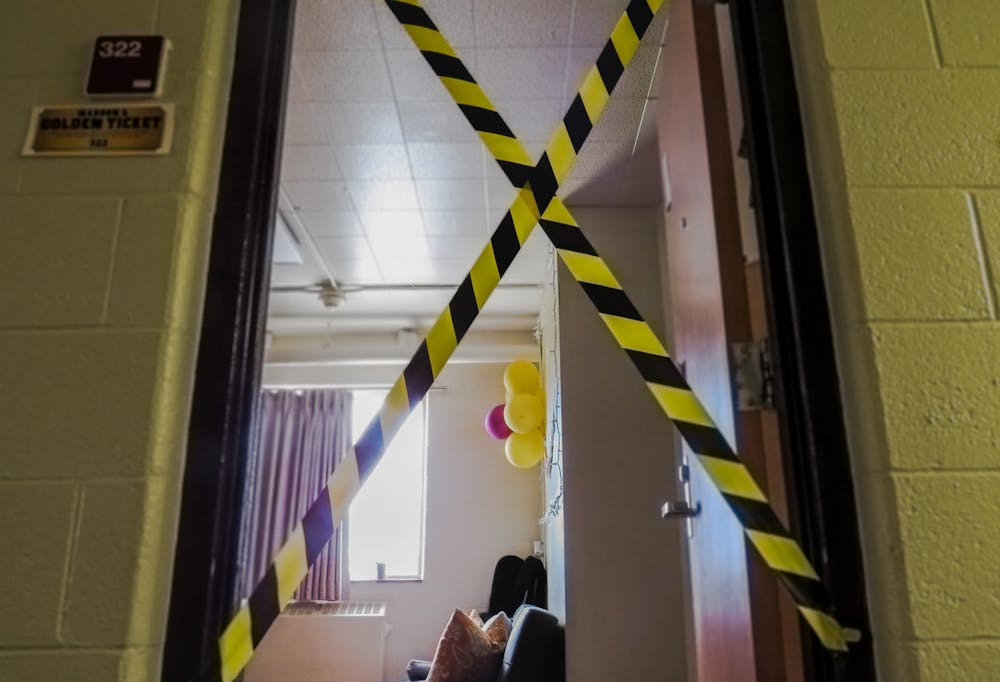
Coming into a room so new, fresh and liberating, it's like you can hear the absolute freedom calling.
Well, hang up the phone and dial how to share a room. Oh, look you are here! That's step one.
Meeting someone new for the first time and sharing a room with them can bring conflicts. Maybe not today or tomorrow, but there may be a time someone rolls over on the wrong side of the bed, takes too long in the bathroom or anything else in between, and raise some tension.
Don't panic! These are basics on how to survive -- and dare we say thrive in? -- the roommate life, as provided by veteran resident assistants Hadlee Rinn and Emma Adelman.
Coming into a new living space, you and your roommates are the keepers of the kingdom. Cleanliness is a common source of conflict, so it's important to hash out expectations early.
Some basics to cover:
A Rinn said, what clean is to one person might not be clean to another.
Co-habitation is all about compromise. Don't fret, if marriages do it for years on end, you can do it for a couple of semesters!
For you, at least, the key is to treat it like a business contract. You heard that right: Even if your roommate has been your best friend since first grade or since the first day of move-in, sharing a living space requires respect.
"Everybody's going to have to give up something," Adelman said.
Some more basics:
"When you're living in a dorm, it's kind of very similar to staying the night at a hotel," Rinn said. "People are going to be running, you're going to hear people, but it's different in your room."
Boundaries are important to help secure that contract and ensure a safe environment. Setting them early can help pave the way when things do boil over.
"You don't have to be friends, you just have to live together comfortably," Rinn said. "You just have to coexist and that's totally fine."
Extinguish that flame before it grows, will you? Remember that no one wants to feel uncomfortable, unhappy or disrespected in their own room.
"You have to go into it thinking, 'by the end of this, we're still all going to live together,'" Rinn said.
Some things to understand:
"The dorms are a different kind of environment and bring out different sides of people," Adelman said. "So be patient … and take every opportunity to learn from this and recognize different areas of growth you're going to get out of it."